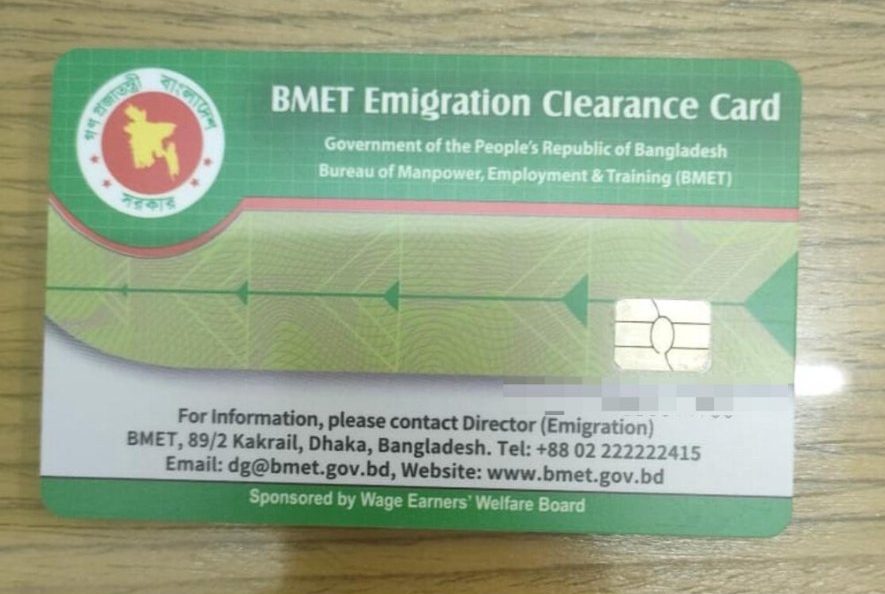What is Exit Clearance?
Exit Clearance, officially called the Emigration Clearance Certificate (EC) in Bangladesh, is an authorization issued by the Bureau of Manpower, Employment and Training (BMET).
It records the traveler’s details in the government system and allows Bangladeshi citizens to legally leave the country—primarily for work purposes, but sometimes also for study.
The main goal: prevent illegal migration and ensure proper documentation for outbound passengers.
Exit Clearance Requirements in 2025
- Mandatory for all travelers leaving Bangladesh on a work visa or employment contract.
- For student visas: not legally required nationwide, but
- Certain airlines and immigration officers at Dhaka or other international airports may ask for it.
- BMET officially recommends students obtain it to avoid delays during exit.
- Since February 2025, Bangladesh has strengthened its online EC application system, making most processes digital.
Documents Needed (2025)
To apply for Exit Clearance (EC) from BMET, you’ll need:
- Valid passport + photocopy
- Valid visa (sticker visa or e‑Visa)
- Employment contract or, for students: university acceptance letter
- Confirmed flight ticket
- Two passport‑size photographs
- EC fee payment receipt (2025 rates: 200–500 BDT)
- Completed EC application form (download from BMET website or collect at their head office)
Exit Clearance Process
- Register and upload documents via the BMET online portal, or submit them in person at the BMET Dhaka office.
- Verification of documents by immigration officers.
- Issuance of Exit Clearance slip/card with tracking number.
- Present EC to immigration staff at the airport when boarding your flight.
Special Notes for Students (2025)
- While not compulsory, students heading to countries with strict immigration checks—like Russia, UAE, Saudi Arabia—are strongly advised to get EC.
- Without EC, you risk being held up at Dhaka airport for visa verification, or even denied boarding.
- For student visa holders, the processing time is usually faster than for workers (often 1–2 working days).
